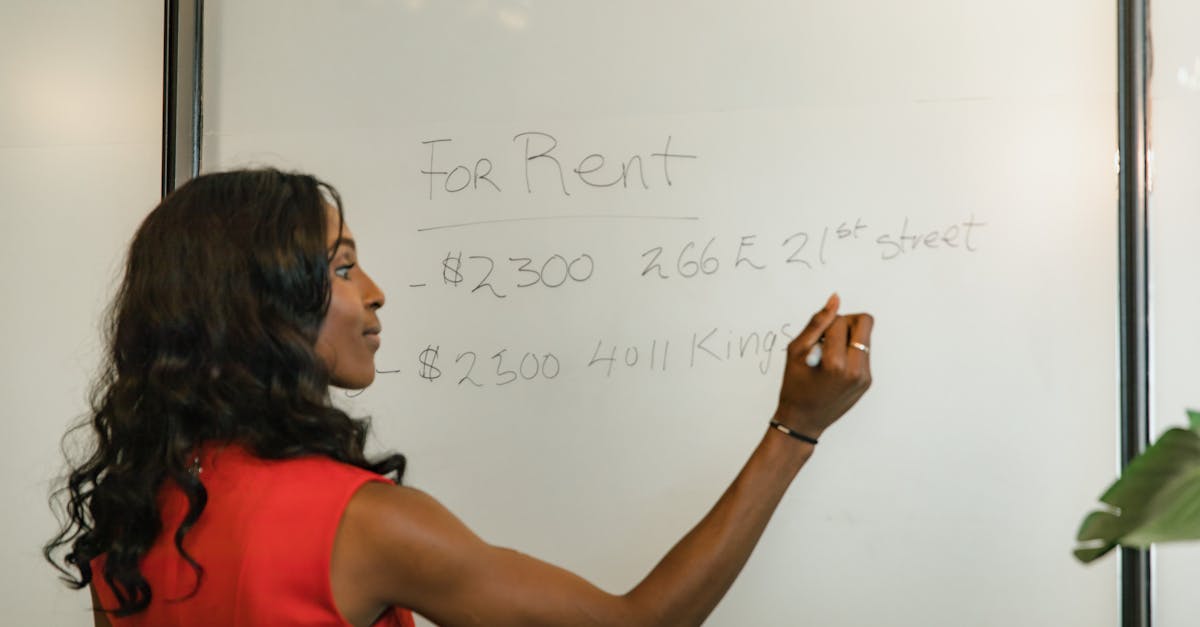The Hawaiʻi housing market, known for its stratospheric prices, continues to present a complex landscape for investors, entrepreneurs, and local residents. While the general trend points towards increasing costs, a recent report from the University of Hawaiʻi highlights some surprising “plot twists” within this dynamic market. This analysis delves into these quirks, assessing their implications for those involved in Hawaiʻi's real estate sector.
One of the most intriguing findings is the existence of properties priced at around $500,000, potentially representing “bargains” in a market where the median home price often surpasses seven figures. This segment could offer opportunities for first-time homebuyers or those seeking investment properties. However, it is crucial to understand the context. These lower-priced properties may be located in less desirable areas or require significant renovations. Investors must carefully evaluate the long-term viability and potential return on investment, factoring in factors like property taxes, insurance, and any necessary repairs.
Further complexities arise when considering different islands and property types. The report likely details price variations based on location, island-specific economic conditions, and the availability of land. Condominiums, single-family homes, and multi-unit dwellings exhibit differing market behaviors, creating a need for investors to tailor their strategies to specific property types. For instance, areas experiencing rapid tourism growth might see increased demand for vacation rentals, thus supporting higher prices, whereas regions with a slower pace of development could present more affordable options.
Given the intricate nature of the Hawaiian housing market, entrepreneurs and investors must conduct thorough due diligence. They should consult with local real estate professionals, assess market trends, and analyze demographic shifts. Furthermore, understanding financing options is crucial. With interest rates fluctuating and competition for mortgages intense, securing favorable terms is essential. The Honolulu Board of Realtors provides up-to-date data and market analyses that can assist these evaluations.
Investment in Hawaiʻi's real estate market requires a long-term perspective. While short-term gains are possible, the market's inherent cycles and external influences – such as global economic trends and shifts in tourism – make it essential to make informed, calculated decisions. The Hawaii Department of Business, Economic Development & Tourism offers numerous resources (though I was unable to find a specific article), including economic forecasts and industry reports, that can assist investors in formulating their strategies.



